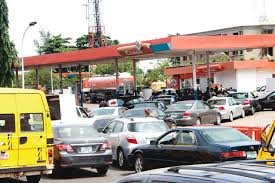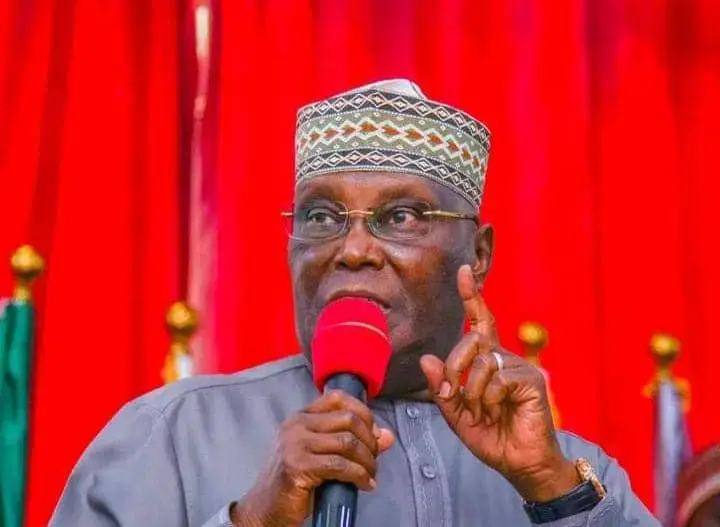Fuel queues have resurfaced in Lagos as many filling stations ran out of stock, leading to closures and long lines at the few stations still dispensing fuel.
Checks by the News Agency of Nigeria (NAN) on Sunday in Lagos revealed that most filling stations along Ikorodu Road were not selling.
However, the Nigerian National Petroleum Company Ltd. (NNPCL) and NIPCO at Fadeyi Bus-Stop on same road had long queues.
In other areas like Bank Anthony, only Total, Northwest, and NNPCL stations were open, each with long queues, while the Mobil Station at Salami Shaibu in Somolu Metropolis, closed due to chaotic scenes caused by commercial vehicles.
Illegal fuel hawkers were spotted along Ikorodu Road, Maryland, Gbagada, and Ogba, taking advantage of the situation.
Speaking under anonymity, some marketers attributed the supply difficulties to the inability of NNPC Ltd. to pay importers since March.
They alleged that NNPCL, being the sole importer, was responsible for the scarcity.
Motorists and commuters expressed frustration over the fuel shortage, which has led to long queues and a significant increase in transport fares across Lagos.
Chuks Edwin, a banker, told NAN that the scarcity had caused persistent traffic jams around fuel stations on Ikorodu Road and in Ikeja, with motorists queuing for hours to refuel at the few stations still dispensing fuel.
Edwin noted that the queues had been growing since last Wednesday and urged the government to address the issue to ease the movement of workers and residents in Lagos.
“Some petrol stations that dispensed fuel sold it at prices ranging from N618 to N800 per litre, depending on the area, leading to an increase in transport costs,” Edwin said.
Jimoh Saka, a bus driver at the Ileja Bus Stop in Bariga, lamented the struggle to obtain fuel, justifying the fare hike from N200 to N300 for trips from Bariga to Onipan.
“The increase in transport costs is not our fault. We sleep at petrol stations just to buy fuel and continue our business.
“Things are hard, and people should understand it is not our fault,” Saka explained.
Another driver, Gbenga Saliu, expressed frustration over the stress of waiting in long queues, stating, “It’s seriously stressful.”
“If you’re not patient in the queue, you end up buying from the black market at over N1,200 per litre or from some stations that sell at N800 or N700 per litre,” he added.
Meanwhile, Mr Olufemi Soneye, Chief Corporate Communications Officer of NNPC Ltd., clarified in a statement on Sunday that the company was not owing international oil traders $6.8 billion, as some media reports have claimed.
Soneye explained that in the oil trading business, transactions were often carried out on credit, and it is common to owe at times
He emphasised that NNPC Ltd. had been fulfilling its obligations, paying invoices on a first-in-first-out (FIFO) basis.
He also refuted claims that NNPC Ltd. had not remitted any money to the Federation Account since January, stating that the company and its subsidiaries regularly remit taxes to the Federal Inland Revenue Service (FIRS).
“NNPC Limited is the largest contributor to the tax revenue shared monthly at the Federation Account Allocation Committee (FAAC),” Soneye said.
He further clarified that NNPC Ltd. had no role in the fiscalisation of the quality and quantity of imported petroleum products, which is the responsibility of the Nigerian Midstream and Downstream Petroleum Regulatory Authority (NMDPRA).
Soneye reiterated that NNPC Ltd. welcomes media inquiries about its operations before public dissemination, in line with its commitment to Transparency, Accountability, and Performance Excellence (TAPE) under the leadership of Mele Kyari since 2019. (NAN











